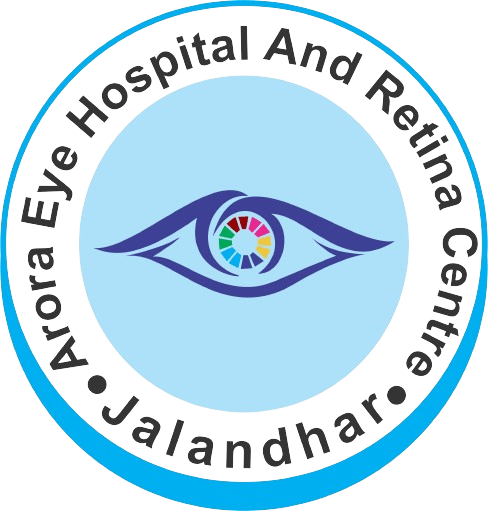LASIK vs. PRK: Comparing Two Popular Laser Vision Correction Procedures

LASIK (Laser-Assisted In Situ Keratomileusis) and PRK (Photorefractive Keratectomy) are two popular laser vision correction procedures that offer individuals the opportunity to achieve clearer vision and reduce their dependence on glasses or contact lenses. While both procedures aim to correct refractive errors such as nearsightedness, farsightedness, and astigmatism, they differ in their surgical techniques, recovery times, and suitability for certain patients. Understanding the differences between LASIK and PRK can help individuals make informed decisions about which procedure is right for them.
LASIK is a widely performed laser vision correction procedure that involves creating a thin flap in the outer layer of the cornea using either a microkeratome or a femtosecond laser. The flap is then lifted to expose the underlying corneal tissue, which is reshaped using an excimer laser to correct the refractive error. The flap is then repositioned, where it adheres naturally without the need for sutures. LASIK offers several advantages, including rapid visual recovery, minimal discomfort, and excellent visual outcomes. Many patients experience significant improvement in their vision within hours of undergoing LASIK surgery and can return to their normal activities within a day or two.
PRK, on the other hand, is a surface-based laser vision correction procedure that does not involve creating a corneal flap. Instead, the outer layer of the cornea, known as the epithelium, is gently removed using a specialized instrument or an alcohol solution. The excimer laser is then used to reshape the underlying corneal tissue to correct the refractive error. Unlike LASIK, PRK requires the epithelium to regenerate naturally over several days following surgery. As a result, visual recovery is slower with PRK compared to LASIK, and patients may experience more discomfort during the initial stages of recovery. However, PRK offers certain advantages, including a reduced risk of flap-related complications and a lower risk of corneal thinning in patients with thin corneas.
The significance of LASIK lies in its rapid visual recovery, minimal discomfort, and excellent visual outcomes. Many patients experience significant improvement in their vision within hours of undergoing LASIK surgery and can return to their normal activities within a day or two. LASIK is suitable for a wide range of patients, including those with mild to moderate refractive errors, thick corneas, and stable vision. With its high success rate and predictable outcomes, LASIK has become the preferred choice for many individuals seeking laser vision correction.
PRK, on the other hand, offers certain advantages over LASIK, particularly for patients with thin corneas or other factors that may preclude them from undergoing LASIK surgery. PRK does not involve creating a corneal flap, reducing the risk of flap-related complications such as flap dislocation or epithelial ingrowth. Additionally, PRK preserves more corneal tissue compared to LASIK, making it a safer option for patients with thin corneas or certain corneal irregularities. While visual recovery is slower with PRK compared to LASIK, many patients achieve excellent visual outcomes with PRK and experience long-lasting improvements in their vision.
In conclusion, LASIK and PRK are two popular laser vision correction procedures that offer individuals the opportunity to achieve clearer vision and reduce their dependence on glasses or contact lenses. While LASIK is associated with rapid visual recovery and minimal discomfort, PRK offers certain advantages, particularly for patients with thin corneas or other factors that may preclude them from undergoing LASIK surgery. Understanding the differences between LASIK and PRK and discussing your options with a qualified eye care provider can help you make an informed decision about which procedure is right for you. Whether you choose LASIK or PRK, both procedures have the potential to significantly improve your vision and enhance your quality of life.

